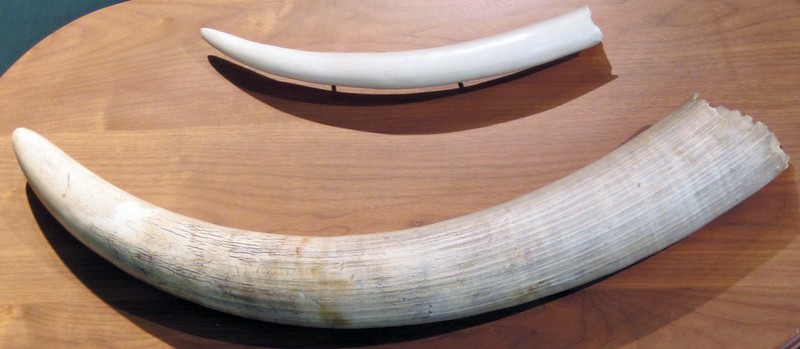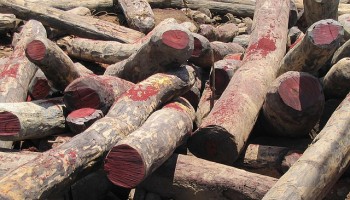“Available evidence indicates that Japanʼs domestic ivory market is not only contributing to illegal international trade but is actively promoting it,” said the report, which examined 45 court cases in China related to ivory smuggling from Japan.
The smuggled ivory was bought legally in Japan and then transported to China – most frequently through international mail, divided into smaller shipments to conceal the content.
In addition, the report found that some smuggling cases directly involved dealers registered with the Japanese government. At least two of them are still selling ivory items on Japanese online sales platforms – one on an even larger scale than before.
Japan, whose ivory market with thousands of traders is the world’s biggest, has faced intense international pressure to ban the domestic trade.
According to the Environmental Investigation Agency (EIA), lax oversight by Japanese authorities and absent import checks facilitate ivory laundering.
The EIA reported that the seizures of ivory smuggled from Japan in China amounted to more than 5.4 tonnes since 2009. Several seizures of Japan’s ivory were also reported in Taiwan and Vietnam.
The international ivory trade has been banned since 1989 under the Convention on International Trade in Endangered Species (CITES).
In recent years, most countries that still allowed domestic ivory trading closed their ivory markets. These included Singapore, China as well as the U.S. and the U.K., but Japan insists that its ivory market remains open.
The report urged the Japanese government to immediately halt the domestic ivory trade.






